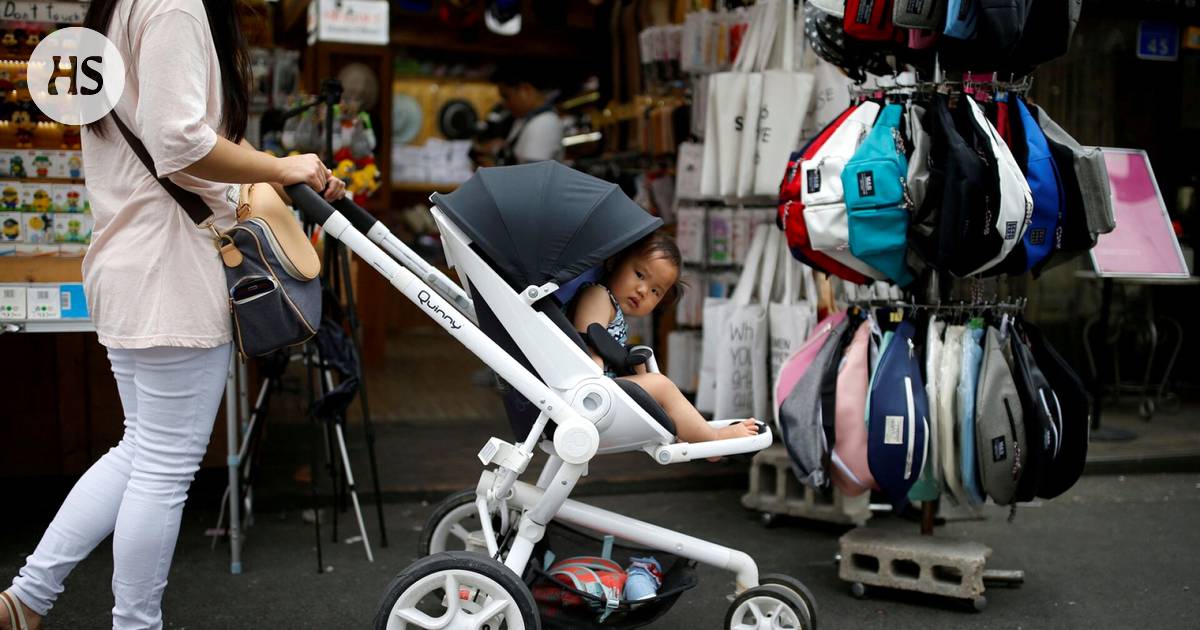The declining birth rate in South Korea poses a crisis that has been a cause for concern for years. With parliamentary elections approaching, many candidates are proposing new incentives to encourage potential parents to have children. These proposals include housing allowances, tax breaks, mandatory paternity leave, and subsidies for egg freezing programs.
South Korean companies are also recognizing the importance of addressing the fertility problem. By improving corporate culture and work-life balance, companies like Lotte have successfully increased the fertility rate among their employees. Lotte offers mandatory maternity and paternity leaves to employees, contributing to a higher birth rate within the company.
In contrast, Finland has a fertility rate of 1.32, highlighting the stark difference between the two countries. South Korea’s total fertility rate has declined to 0.71, well below the replacement rate of 2.1 children per woman estimated by the OECD. The severity of the situation is further emphasized by the fact that more strollers for pets were sold in South Korea than for babies last year. It is evident that urgent action is needed to address the low birth rate in South Korea and prevent further population decline.
One innovative solution that has been implemented by Booyoung Group is offering a bonus of nearly 70,000 euros for each baby born to an employee. This approach aims to address the population crisis threatening South Korea’s future.
The declining birth rate not only poses a threat to South Korea’s population but also has societal implications, such as a decrease in the number of personnel in the Defense Forces and declining student enrollment in universities.
It is clear that addressing this crisis requires proactive measures from both political decision-makers and companies alike. By implementing policies and incentives that promote family growth and improve work-life balance, we can ensure a sustainable future for South Korea.
Ultimately, it is up to all of us – individuals, governments, and corporations – to take action and address this important issue head-on.
